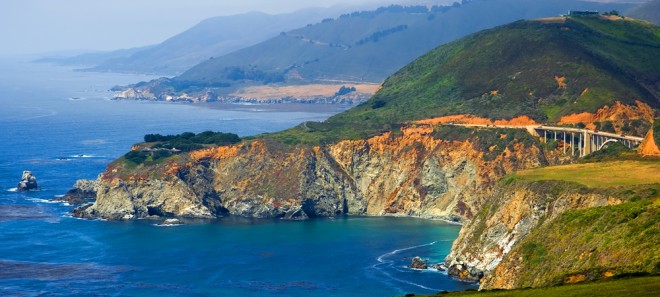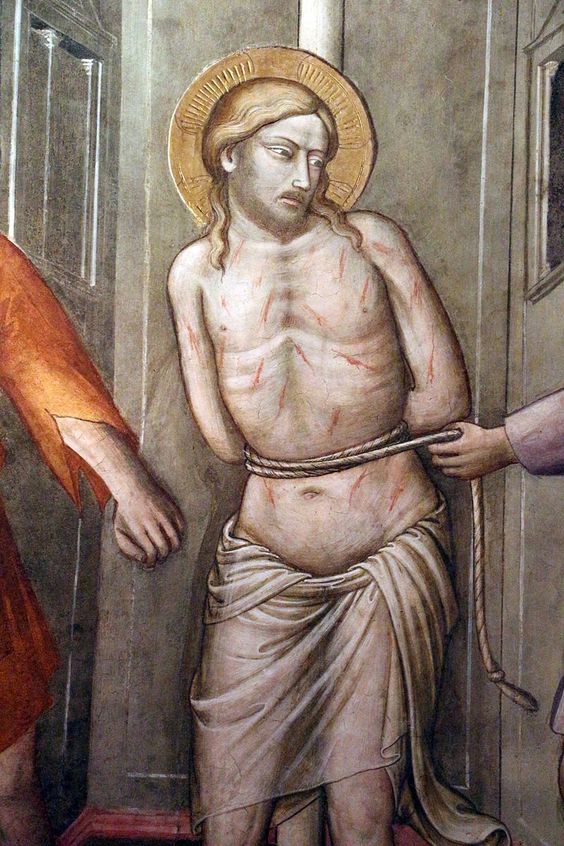Correspondence on the Monastic Vocation 2

Disclaimer: The series of letters entitled “Correspondence on the Monastic Vocation”, while based on the real questions of a number of men in various places and states of life, is entirely fictitious. Any resemblance to actual persons, institutions, or places is purely coincidental.
Letter 2: Reynaldo
Dear Father,
After reading your letter to Wilburt — whom I have never met — I felt that I too should write to you with my questions. Like Wilburt, I have been thinking of a monastic vocation, but I find myself undecided, and I am afraid of making a decision one way or another. I live far away from Silverstream Priory — in California, in fact. I enjoy life in California. I moved to California from the East Coast some ten years ago. Never did I think I would, one day, be writing to a Benedictine monastery in Ireland. Crazy.
I am fairly certain that I want to be a monk, a Benedictine monk. I have read all the usual classics on Benedictine life — Abbot Marmion’s Christ, the Ideal of the Monk, which you so often recommend, and a few books by Dom Hubert van Zeller. I say part of the Divine Office most days, usually Prime and Compline from the old Collegeville Short Breviary which I was able to find online and buy at a bargain price. Every Sunday and on most weekdays I am able to hear Holy Mass. I prefer the traditional Latin Mass, but when I cannot get to it, I attend one of the local parishes where things are done not too badly.
The rosary has been a big part of my life. Ever since I started praying the rosary daily — or almost daily — my old vices have started to disappear and I have begun to find a deep joy in the practice of virtue. I remember that you once wrote something about vice making a man miserable and virtue making a man happy. Well, I can attest to the truth of what you said; it was by saying the rosary that I found the grace to give up vice. It is all Our Blessed Mother’s doing.
I got sidetracked. What I want to ask you is whether it is better to stay in California and find a monastery here that corresponds to my attractions, or leave California to join a monastery elsewhere in the U.S., or maybe even abroad. Silverstream does draw me, but I cannot imagine going to Ireland forever . . . I mean, until death! The Church out here on the West Coast really needs the witness of traditional Benedictine life. I don’t know of any community out here that has the traditional Mass and Divine Office and, quite honestly, nothing else will satisfy me. Am I completely weird or what? I have thought of Rushbottom Abbey, but something there doesn’t quite click with me. Don’t get me wrong: the place is beautiful and the monks absolutely reek of holiness, but I can’t see it as home for me. I don’t speak French, or Italian, or German. I have a smattering of Californian Spanish, but that is as far as my linguistic skills go.
So, my question to you is whether I should give priority to the needs of the local Church by remaining on the West Coast in the hope of seeing the birth of a traditional monastery here, or take the risk of following the call of Christ by entering a monastery abroad, be it Silverstream or another. Thank you, Father, for your help in seeing things more clearly.
Reynaldo
Dear Reynaldo,
There is much to be said in favour of staying in one’s homeland to edify the Church there. There is also much to be said in favour of making oneself a voluntary exile for the love of Christ, as did the ancient Irish monks. God is lavish in His gifts. What is given to one is not given to another, but each completes the other and, in this way, the Church in every place is built up by a variety of gifts. There is merit in dedicating one’s life to the Church in which one already lives, and works, and receives the sacraments. There is also merit in leaving the local Church for some distant shore, there to serve God in a life that, while it is hidden, is supernaturally fruitful in a way that knows no boundaries. You may find it helpful to ponder this passage from the writings of Saint Thérèse of the Child Jesus. The 24 year old Doctor of the Church has a knack for placing our questions in a bigger perspective.
Since my longing for martyrdom was powerful and unsettling, I turned to the epistles of St. Paul in the hope of finally finding an answer. By chance the 12th and 13th chapters of the 1st epistle to the Corinthians caught my attention, and in the first section I read that not everyone can be an apostle, prophet or teacher, that the Church is composed of a variety of members, and that the eye cannot be the hand. Even with such an answer revealed before me, I was not satisfied and did not find peace.I persevered in the reading and did not let my mind wander until I found this encouraging theme: Set your desires on the greater gifts. And I will show you the way which surpasses all others. For the Apostle insists that the greater gifts are nothing at all without love and that this same love is surely the best path leading directly to God. At length I had found peace of mind.
When I had looked upon the mystical body of the Church, I recognised myself in none of the members which St. Paul described, and what is more, I desired to distinguish myself more favourably within the whole body. Love appeared to me to be the hinge for my vocation. Indeed I knew that the Church had a body composed of various members, but in this body the necessary and more noble member was not lacking; I knew that the Church had a heart and that such a heart appeared to be aflame with love. I knew that one love drove the members of the Church to action, that if this love were extinguished, the apostles would have proclaimed the Gospel no longer, the martyrs would have shed their blood no more. I saw and realised that love sets off the bounds of all vocations, that love is everything, that this same love embraces every time and every place. In one word, that love is everlasting.
Then, nearly ecstatic with the supreme joy in my soul, I proclaimed: O Jesus, my love, at last I have found my calling: my call is love. Certainly I have found my place in the Church, and you gave me that very place, my God. In the heart of the Church, my mother, I will be love, and thus I will be all things, as my desire finds its direction.
On the one hand, a monk is called to be an “amator loci et fratrum”, a lover of the place (in which he lives) and of the brethren. One must have a certain appreciation of the place where one lives. This includes its climate, its natural resources, — land, fields, streams, trees — and the change of the seasons. On the other hand, by remaining, as Saint Benedict recommends, within the enclosure of the monastery, all that lies outside the enclosure is, in some way, relativised. The extraordinary thing about the confinement of monastic enclosure is that it dilates the heart until, in the end, one holds the entire world in the embrace of one’s prayer, and begins to love with the wideness of the Heart of Christ.
What is my own experience? At some deep level I remain deeply attached to the beautiful state of Connecticut, where I was born. At an ever deeper level, I have always felt a primal magnetic pull to the old countries from which my own ancestors emigrated: Ireland and Italy. I have lived in many places; in all of them I have known joys and sorrows, comfort and discomfort, feelings of belonging and feelings of not belonging. In the end, one chooses to make one’s home in a given place, and one adjusts as gracefully as possible to what is lacking, while growing in gratitude for what is given. A Benedictine monk expresses this by his vow of stability.
I am no longer a young man, Reynaldo, and as I grow older I see more and more clearly that God gives us opportunities to make choices. His providence invites us to make decisions. God’s plan for a man does not fall out of heaven in the form of a map and timeline. God is forever inviting, providing, and showing. More often than not, His plan for us involves our making choices and taking risks. The one thing of which I am utterly certain is that the grace of Christ will never fail one who seeks His Face and who, without seeing the distant scene (as Newman says), surrenders to the designs of His Heart, one step at a time.
I send you my blessing, Reynaldo.
Father Prior

